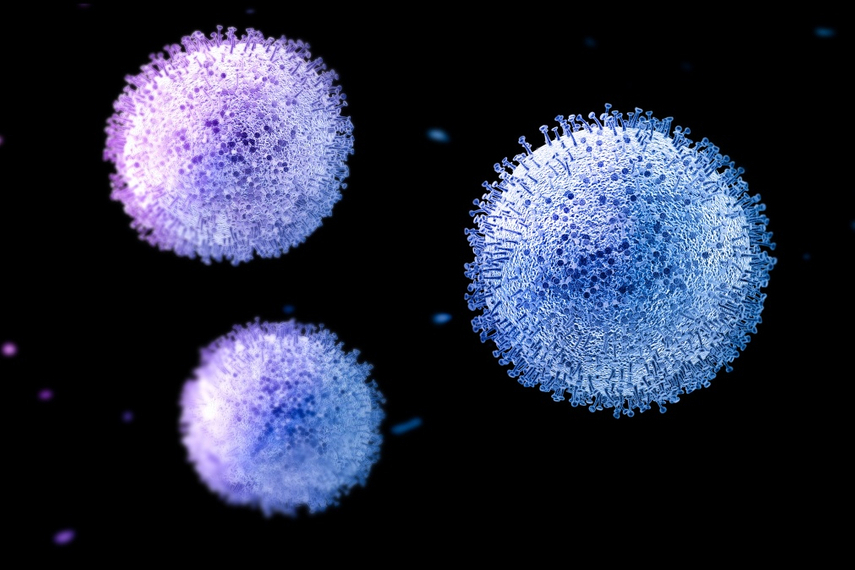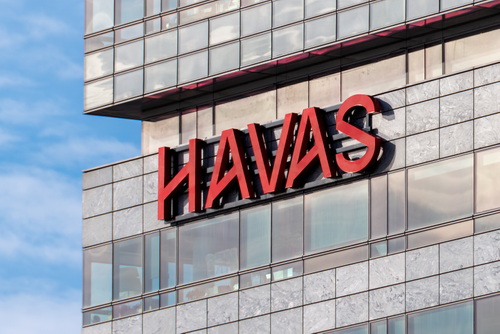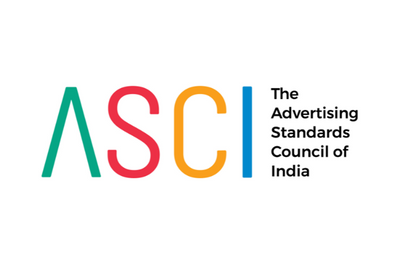
Only 12 of 332 ads promising Covid-related benefits scientifically correct: ASCI report
Categories such as paints, apparel, skincare, water purifiers, among others, under scanner

Top news, insights and analysis every weekday
Sign up for Campaign Bulletins
Most Read
Just Published
Campaign roundup: Week of 20 October
The latest ad films and campaigns from brands like District by Zomato, CRIF India, Himalaya BabyCare, Episoft, House of Glenfiddich, Cumin Co. Scalefusion, and more, in our weekly roundup.
When the sellers of joy become its custodians
Titan’s ‘Humari Diwali’ film spotlights retail staff who keep the festive spirit glowing—even as they spend it behind the counter.
Five rules for crafting a high-impact festive campaign
As festive ad clutter peaks, reward-led engagement — with experiential incentives, gamified participation, and frictionless redemption — can help brands cut through noise.
When creativity meets code: The human algorithm problem
As gen AI powers faster campaign production, marketers confront a new paradox — efficiency at the expense of emotion, and originality lost in translation.



.jpg&h=334&w=500&q=100&v=20250320&c=1)
.jpg&h=334&w=500&q=100&v=20250320&c=1)
.jpg&h=334&w=500&q=100&v=20250320&c=1)



.jpg&h=334&w=500&q=100&v=20250320&c=1)

.jpg&h=334&w=500&q=100&v=20250320&c=1)
.jpg&h=268&w=401&q=100&v=20250320&c=1)





.jpg&h=268&w=401&q=100&v=20250320&c=1)
.jpg&h=268&w=401&q=100&v=20250320&c=1)
